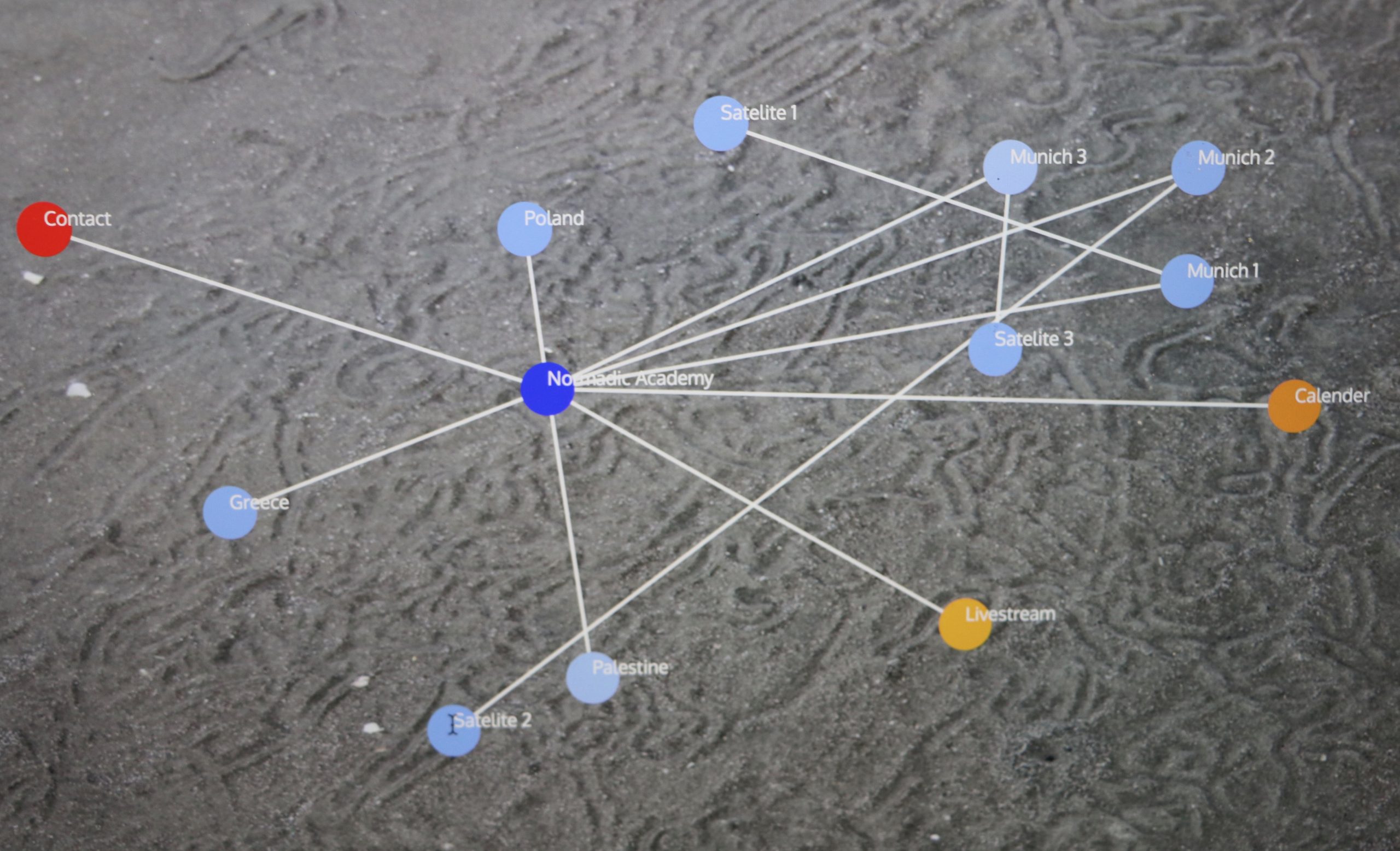Munich offers a wide range of cultural activities. In addition to the Oktoberfest and FC Bayern, the city has a wide range of leisure activities and performances to offer. Especially in the performing arts, the Munich public often only notices the big houses: Residenztheater, Kammerspiele and Volkstheater, just like the Bavarian State Opera and Gasteig. But there is also a flourishing independent performing arts scene that is spread throughout the city and offers performances in a wide variety of formats. These performances not only show the great diversity of the performing and narrative possibilities, but also use the most diverse rooms and houses. The cultural program Schau Mer Mal has set itself the task of making selected performances by Munich’s independent scene more visible and of stimulating a dialogue between the Munich City Society and its artists. Through guided tours, introductory talks and mediation formats, the different performative approaches are made more accessible and the performance venues become more visible on the city map.
Dates:
„mit Pflanzen“ by Ruth Geiersberger
Preliminary talk on 27 September, 2019 | 8 PM Foyer of HochX Theater and Live Art | Entenbachstraße 37 | Munich
„AUTOPLAY“ by Moritz Ostruschnjak
„Dance & Walk“ – Mulled wine walk with the Quartiersbüro across the grounds with performance introduction on 15 November, 2019 | 7 PM Meeting point in front of the Schwere Reiter | Dachauer Straße 114 | 80636 Munich
„everything blue“ by Jasmine Ellis & Evandro Pedroni
Rehearsal visit with dramaturgy talk (in English and German) 9 January, 2020 | 7:00 PM HochX Theater and Live Art | Entenbachstraße 37 | Munich
Artist talk following the performance (in English and German) 17 January, 2020 | 9:30 PM HochX Theater and Live Art | Entenbachstraße 37 | Munich
CANCELLED DUE TO CORONA MEASUREMENTS
„DIVE. A Celebration“ by Anna Konjetzky
„Physical Introduction“ & Artist Talk 11 March, 2020 | 6.30 PM Venue: Muffatwerk, Zellstrasse 4, Munich
CANCELLED DUE TO CORONA MEASUREMENTS
“FUTUR GERMANIA” by Oliver Zahn
Rehearsal visit with beer and pretzels 3 April, 2020 | 8-9.30 PM Labor Ateliers | Dachauerstraße 112d | 80636 Munich
“FSHE LEGEND” by Carolin Jüngst and Lisa Rykena
Physical Introduction Online | July 10, 2020 | 7-8.30 PM | Zoom | Registration via vermittlung@theaterbueromuenchen.de










